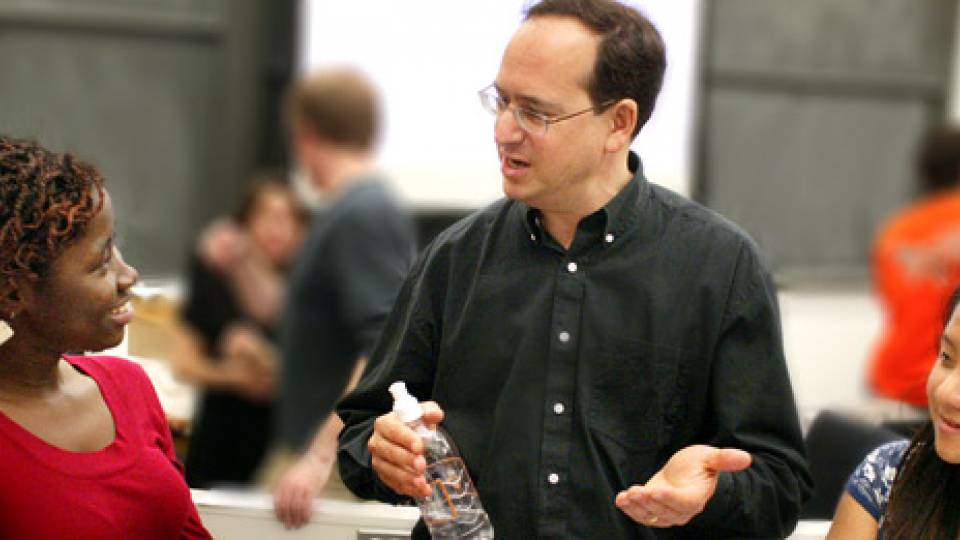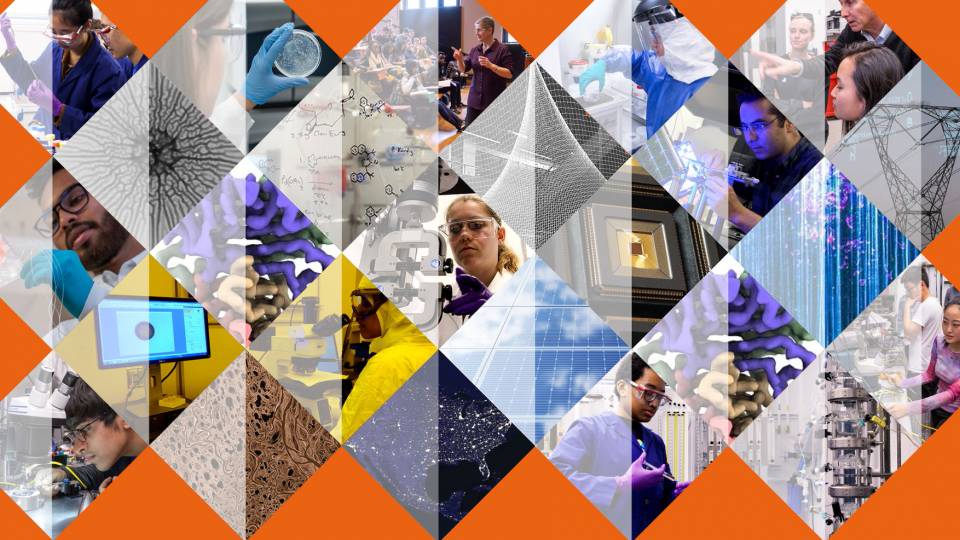A lecture and a bazaar focusing on the challenges facing developing countries are scheduled for early December at Princeton University.
Iqbal Quadir, professor of the practice of development and entrepreneurship and founder and director of the Legatum Center at the Massachusetts Institute of Technology, will speak on "Bottom-up Entrepreneurship for Democracy and Development" at 4:30 p.m. Wednesday, Dec. 2, in 16 Robertson Hall.
"Emerge! A Global Bazaar," a student initiative, will take place from 1 to 4 p.m. Sunday, Dec. 6, in the Chancellor Green Rotunda. The event will combine a celebration of traditional crafts, cultural performance and culinary arts with informal education from student and community initiatives. More than 30 development initiatives at Princeton will showcase their work and sell artisan crafts from 20 countries.
Quadir has been at MIT since 2005. The Legatum Center runs a competitive fellowship program to prepare students to create enterprises in developing countries. Fellows seek to implement for-profit businesses that empower ordinary citizens and spread prosperity and development.
Quadir spent most of the 1990s founding and building GrameenPhone Ltd., which has become Bangladesh's largest telephone company. In 1994, he formally launched this effort by convincing investors to establish a New York based company, Gonofone Development Corp., to help him organize what subsequently became known as GrameenPhone.
Quadir's vision of a large-scale, commercial project that could serve all urban areas and 68,000 villages in Bangladesh led him to organize a global consortium including Telenor AS, the primary telephone company in Norway and an affiliate of micro-credit pioneer Grameen Bank in Bangladesh. With the support of investors, GrameenPhone, established in late 1996, started building a new cellular network and providing services to the public soon thereafter. To date, it has built the largest cellular network in the country with investments of nearly $2 billion and a subscriber base of nearly 20 million. Its rural program is already available in more than 60,000 villages, providing telephone access to more than 100 million people, while helping to create 250,000 micro-entrepreneurs in these villages.
The events are sponsored by the Woodrow Wilson School of Public and International Affairs and the Davis International Center with support from the Center for Jewish Life, Princeton in Asia and the Program in African Studies.
For more information, e-mail emerge@princeton.edu or visit the initiative's website.


